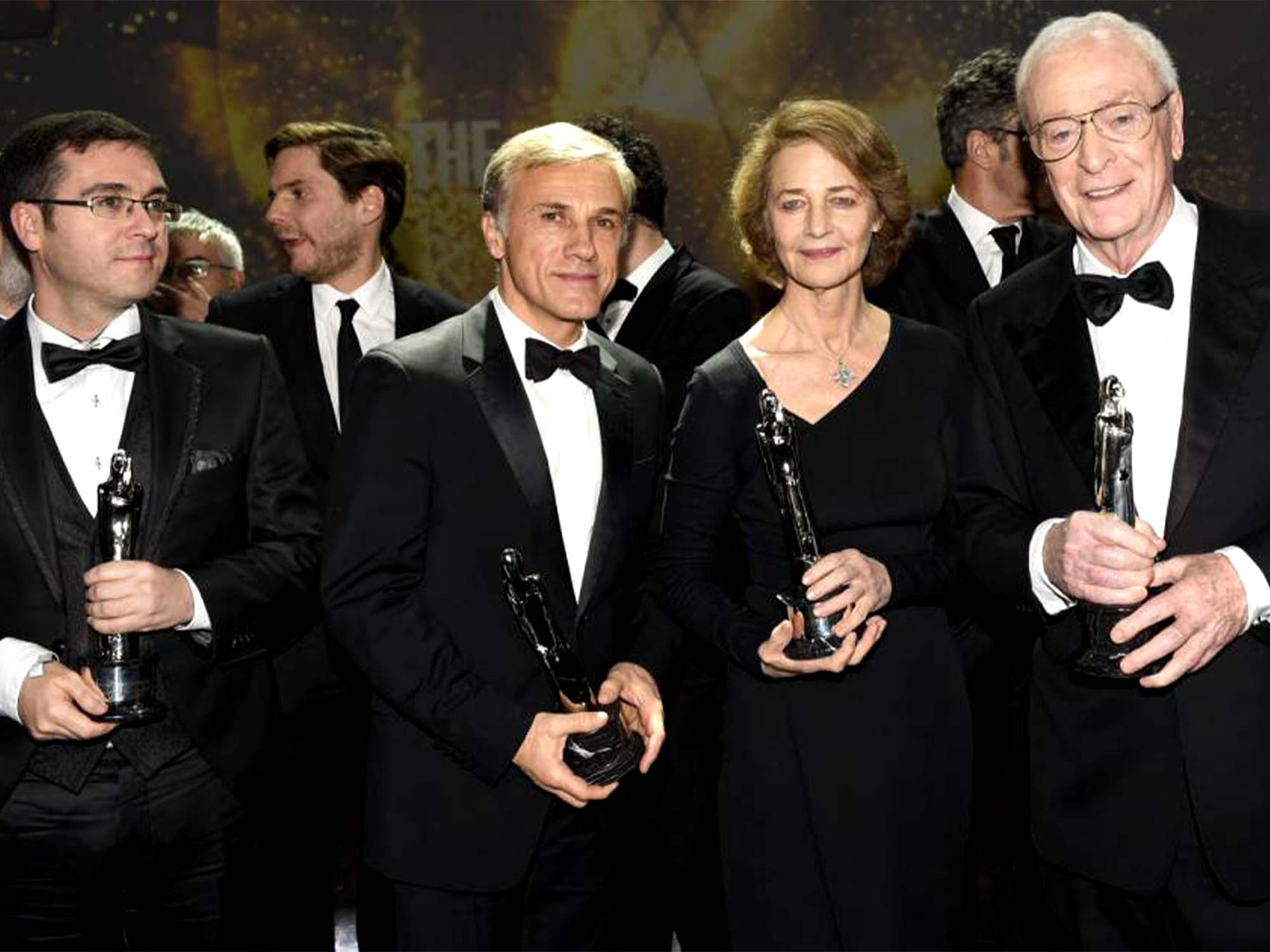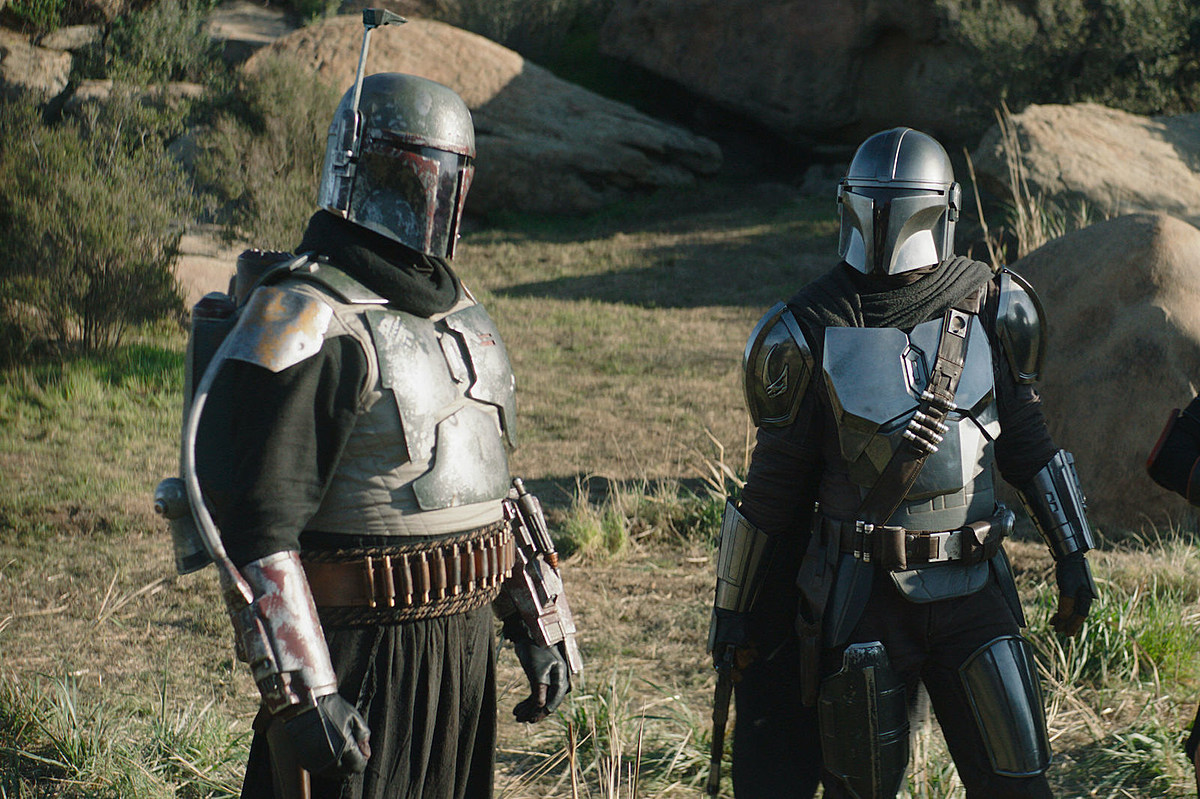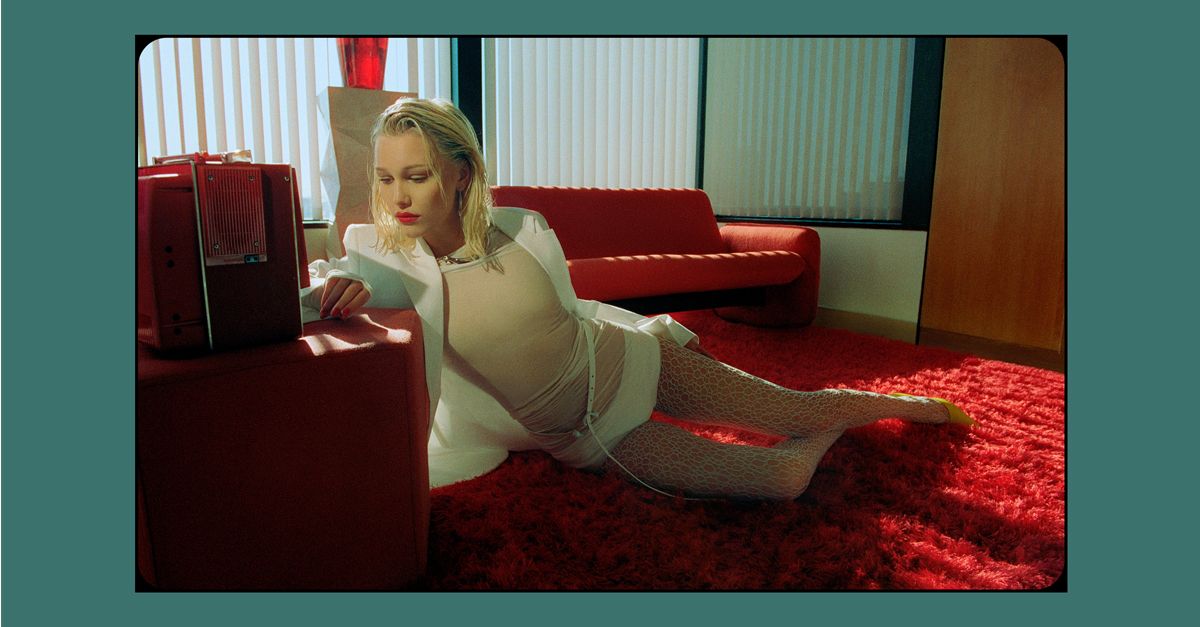Well, it’s that time of the year. It’s the holidays! Bring on the short days, long nights, and bitter cold! Don’t forget the family dysfunction, either.
No horror trilogy captures familial dysfunction quite like Frank Henenlotter’s Basket Case Trilogy – the story of mild mannered Duane Bradley (Kevin Van Hentenryck) and his temperamental, hideously deformed twin brother, Belial.
The original film is a renegade cheapy, filmed on location (sometimes illegally) in New York City. It’s gritty and grimy and full of no-budget charisma. Since its release in 1982, Basket Case has gone on to become a drive-in and grindhouse classic.
The success of the film gave Henenlotter the opportunity to make sequels, and that he did! Basket Case 2 saw a bigger budget, more creature make-ups (thanks to genre staple and frequent Henenlotter collaborator Gabe Bartalos), and it expanded upon the world of the first film while also adding more layers to the Duane and Belial relationship.
After the events of the original (the brothers murdering all the doctors responsible for their separation), the two are taken in by Granny Ruth (Annie Ross), a matronly figure who provides a home and stability for society’s freaks and outcasts – who are naturally all outlandishly designed creatures. This is a Henenlotter film, after all.
Duane and Belial find love, both feeling they can find an equilibrium between their bond and forging lives for themselves. Tragically, Duane’s mental state is far more fragile than Belial’s, and his chance at a happy ending literally falls dead out of a window. Henenlotter, in his typical gleeful manner, juxtaposes Belial’s consummation with his girlfriend Eve with Duane finding out his own love, Susan (Heather Rattray), has a Belial-esque relation of her own – a deformed child that refuses to leave the womb.
After Duane loses it, leading to the death of Susan, he knocks Belial unconscious. Then he sews their bodies back together in an effort to make them whole again, thinking it’s the only way to be happy. It’s here where Basket Case 3 begins.

Basket Case 3 isn’t as highly thought of as the first two films. Henenlotter himself, in his own words, vacillates between being disappointed in it and outright hating it. In my opinion he’s far too hard on the film. Depending on my mood it may be my favorite of the three, in fact.
Narratively Basket Case 3 isn’t as focused as its predecessor. You can see Henenlotter stretching out concepts to fill runtime – the most obvious example being the first third of the film dragging out Eve’s imminent delivery. The movie never lacks for entertainment though, and I find it just as warped and amusing as the previous two. Henenlotter may shrug the film off, but it still manages to actually bring the story to a close in a way that feels honest to the characters and world the franchise had created up to this point.
If the second film was about the fracturing of a family, the third is about the healing of a family. After Duane’s psychotic break, Granny Ruth locked him away for the safety of Belial and all of the other freaks in her care. She lets him out just in time to be around for the birth of his brother’s children, but Belial won’t speak to Duane despite Duane’s best efforts.
Granny Ruth takes the gang to Dr. Hal’s place for the delivery. Dr. Hal (Dan Biggers) is Ruth’s ex-husband, and she has a little family healing to do herself.
Like other genre filmmakers, Henenlotter sides with the monsters, the freaks, the outcasts. There is a strong anti-exploitation theme running through Basket Case 3. It’s a film utterly distrustful of authority and systems of power. The local police force, led by the initially likable Sheriff Griffin (Gil Roper), wants nothing but to exploit and put down Ruth’s family – especially Duane and Belial, who are still wanted for the events of the first film. Even the Sheriff’s daughter exposes herself as a power-tripping user over the course of the film.
Two bumbling deputies break into Dr. Hal’s place in an attempt to cash in on the huge reward given in exchange for Duane and Belial’s capture. They kill Eve (thinking she’s Belial) and kidnap the Baby Belials in hopes they will net an even bigger payout.
Big mistake.

Basket Case 3 actually ends up carrying a degree of emotional weight to it underneath the warped violence and offbeat humor. Even more so than the original film, in my opinion, you want to see Belial enact red tinged revenge against those who wronged him.
The effects and gore gags are a sore spot for Henenlotter, as he states some of them are quite unfinished, namely the gags in the police station massacre. I consider this something of an unintended boon to the gags, as the overt lack of spewing and spurting blood gives the kills more of a Saturday morning cartoon vibe that compliments the tone of the film.
Flesh doesn’t tear and rip naturally in the Basket Case world – it twists and stretches like taffy and eyes bulge out of their sockets like a Tex Avery cartoon.
Duane and Belial put aside their differences once they both realize their family is in jeopardy. They team up with one of the last new characters of the film, Little Hal (Jim O’Doherty), to put an end to the Sheriff’s goal of stamping out the freaks for good.
Little Hal is Granny Ruth’s estranged son, and while their reconciliation is an afterthought narratively, it does at least tie into the film’s themes of family bonds and using those ties to fight back against those who wish to do you harm.
After a climatic (and admittedly lo-fi) final battle that sees Belial operate his own Aliens-esque power suit, the film wraps up with a coda of Granny Ruth leading her extended family to break free of the shackles of societal exile. The freaks announce themselves to the world with no fucks given, storming the set of a TV talk show exploiting others like them to claim the world as theirs.
If that’s not a rousing ending, I don’t know what is. While horror films are often sympathetic to the monster and use them to tell thematic stories of oppression, fear, and bigotry, it’s not often the film gives those monsters a happy ending. Basket Case 3 does.
If you ask me, Frank Henenlotter should go easy on the third film in his trilogy. It’s a quirky shot of outlandish mayhem with an endearing edge that gives the film an unexpected heart.
The post ‘Basket Case 3’ at 30 – Frank Henenlotter’s Outlandish and Heartwarming Ode to Outcasts appeared first on Bloody Disgusting!.

















































































